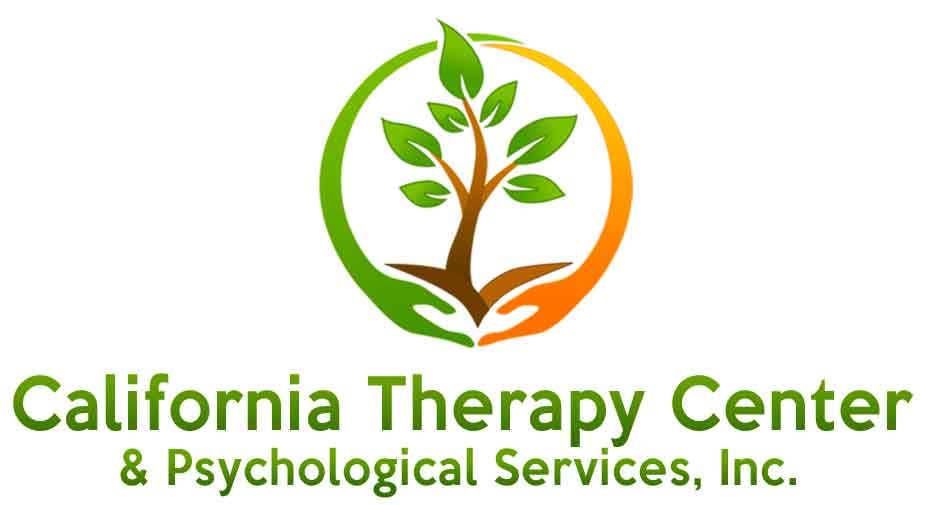Narcissistic personality disorder Treatment
Exploring Effective Treatment Approaches for Narcissistic Personality Disorder
Narcissistic personality disorder affects individuals in such a way that they possess an inflated sense of self-importance and ego that leads to problematic behavior patterns that can sabotage their personal and professional relationships. Although most people might display narcissistic traits at some point in their lives, treating individuals with a full-blown narcissistic personality disorder requires expertise and specific interventions.
Fortunately, effective treatment approaches exist to help individuals with the condition manage their symptoms, develop healthier coping mechanisms, and lead fulfilling lives. These treatments include talk therapy, medication, and in severe cases, hospitalization.
In this article, we will explore these treatment approaches in detail, feel how they work, and consider the different factors that determine their effectiveness. With the right treatment approach and intervention, individuals grappling with narcissistic personality disorder can regain control of their lives and develop healthier relationship dynamics.
Understanding Narcissistic Personality Disorder (NPD)
Narcissistic Personality Disorder (NPD) is a mental health condition that affects a person’s ability to function in society. Individuals with NPD have an inflated sense of self-importance and a need for admiration and attention. They often lack empathy for others and have a tendency to exploit others for their own gain.
NPD is a complex and challenging disorder to diagnose and treat. It is more prevalent in men than women, and it usually begins in adolescence or early adulthood. The disorder can lead to the development of other mental health conditions such as anxiety, depression, and substance use disorders.
Common signs and symptoms of NPD
The symptoms of NPD are pervasive and often cause significant impairment in an individual’s daily functioning. Some of the common signs and symptoms of NPD include:
– A grandiose sense of self-importance
– A preoccupation with fantasies of unlimited success, power, brilliance, beauty, or ideal love
– A belief that they are special and unique and can only be understood by other special or high-status people
– A need for excessive admiration and attention
– A sense of entitlement
– A tendency to exploit others for their own gain
– Lack of empathy
– Envy of others or the belief that others are envious of them
– Arrogance and haughty behavior
The impact of NPD on individuals and relationships
NPD can have a significant impact on an individual’s personal and professional relationships. The disorder can cause individuals to maintain unrealistic expectations of themselves and others, leading to relationship problems. Individuals with NPD often struggle to maintain close relationships as they tend to prioritize their needs and desires above those of others.
In the workplace, individuals with NPD may struggle to work in a team and may exhibit controlling and manipulative behavior. They may also struggle to take criticism or feedback, leading to conflict and tension in the workplace.
The impact of NPD on individuals and relationships can be severe, and it often requires effective treatment to manage the symptoms and improve the quality of life.
Traditional treatment approaches for NPD
Several traditional treatment approaches exist to help individuals with NPD manage their symptoms and improve their quality of life. These treatments include talk therapy, medication, and in severe cases, hospitalization.
Talk therapy
Talk therapy is a common treatment approach for individuals with NPD. The goal of talk therapy is to help the individual understand their behavior patterns and develop healthier coping mechanisms.
One of the most effective talk therapy approaches for NPD is psychotherapy. Psychotherapy helps individuals with NPD develop better self-awareness and emotional regulation skills. The therapy works to address the underlying issues that contribute to NPD, such as childhood trauma, low self-esteem, and poor self-image.
Medication
While medication is not a primary treatment for NPD, it can be helpful in managing some of the symptoms of the disorder. For example, antidepressants can help manage symptoms of depression and anxiety that often accompany NPD.
Hospitalization
In severe cases, hospitalization may be necessary to manage the symptoms of NPD. Hospitalization provides individuals with a safe and secure environment where they can receive intensive treatment and support.
Cognitive Behavioral Therapy (CBT) for NPD
Cognitive-behavioral therapy (CBT) is a goal-oriented therapy approach that focuses on addressing negative thought patterns and behaviors. CBT is an effective treatment approach for individuals with NPD as it helps them identify and change their negative and distorted thinking patterns.
CBT is structured and time-limited, and the therapist works collaboratively with the individual to set goals and develop strategies to achieve them. The therapy approach helps individuals with NPD develop healthier coping mechanisms, improve their self-esteem, and develop more positive relationship patterns.
Dialectical Behavior Therapy (DBT) for NPD
Dialectical behavior therapy (DBT) is a treatment approach that focuses on developing mindfulness, emotional regulation, distress tolerance, and interpersonal effectiveness skills. DBT is an effective treatment approach for individuals with NPD as it helps them learn how to regulate their emotions and improve their relationship dynamics.
DBT is structured and time-limited, and the therapist works collaboratively with the individual to set goals and develop strategies to achieve them. The therapy approach helps individuals with NPD learn how to manage their emotions, develop better communication skills, and improve their ability to cope with stress.
Schema Therapy for NPD
Schema therapy is a treatment approach that focuses on identifying and changing negative and dysfunctional patterns of thinking and behavior. Schema therapy is an effective treatment approach for individuals with NPD as it helps them identify and change their negative and distorted thought patterns.
Schema therapy is an intensive and long-term treatment approach that combines different therapeutic techniques such as cognitive-behavioral therapy, psychodynamic therapy, and experiential therapy. The therapy approach helps individuals with NPD develop healthier coping mechanisms, improve their self-esteem, and develop more positive relationship patterns.
Group therapy and support for NPD
Group therapy and support can be an effective treatment approach for individuals with NPD. The therapy approach provides individuals with a safe and supportive environment where they can share their experiences, learn from others, and develop better coping mechanisms.
Group therapy and support can also help individuals with NPD develop better social skills and improve their ability to communicate effectively. The therapy approach helps individuals with NPD build a support network and develop more positive relationship patterns.
Alternative and complementary treatments for NPD
Several alternative and complementary treatments exist to help individuals with NPD manage their symptoms and improve their quality of life. These treatments include mindfulness meditation, yoga, acupuncture, and herbal remedies.
Alternative and complementary treatments can be helpful in managing symptoms such as anxiety, depression, and insomnia that often accompany NPD. However, these treatments should not be used as a substitute for traditional treatment approaches.
Conclusion: Finding the right treatment approach for NPD
Narcissistic personality disorder is a complex and challenging mental health condition to diagnose and treat. Effective treatment approaches exist to help individuals with NPD manage their symptoms and improve their quality of life.
The right treatment approach for NPD depends on the severity of the symptoms and the individual’s unique needs and circumstances. Traditional therapies such as talk therapy, medication, and hospitalization are effective for managing NPD symptoms. Alternative and complementary treatments can also be helpful in managing symptoms such as anxiety and depression.
Individuals with NPD can benefit from a combination of different treatment approaches to manage their symptoms and improve their quality of life. With the right treatment approach and intervention, individuals grappling with narcissistic personality disorder can regain control of their lives and develop healthier relationship dynamics.

